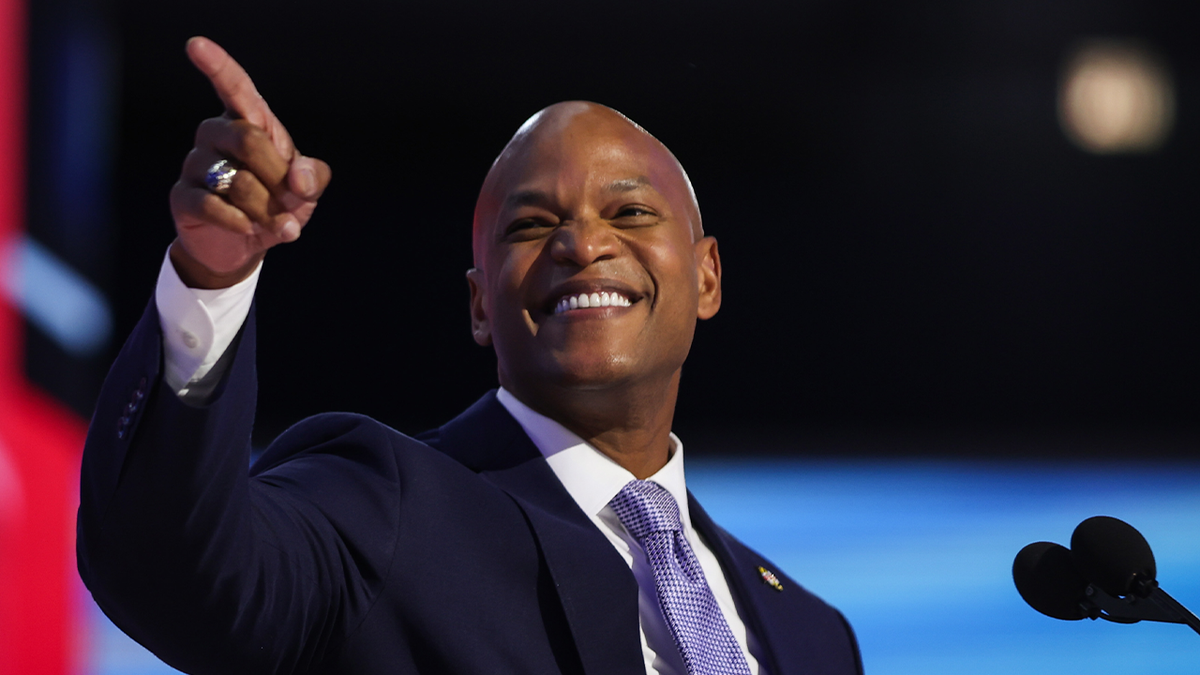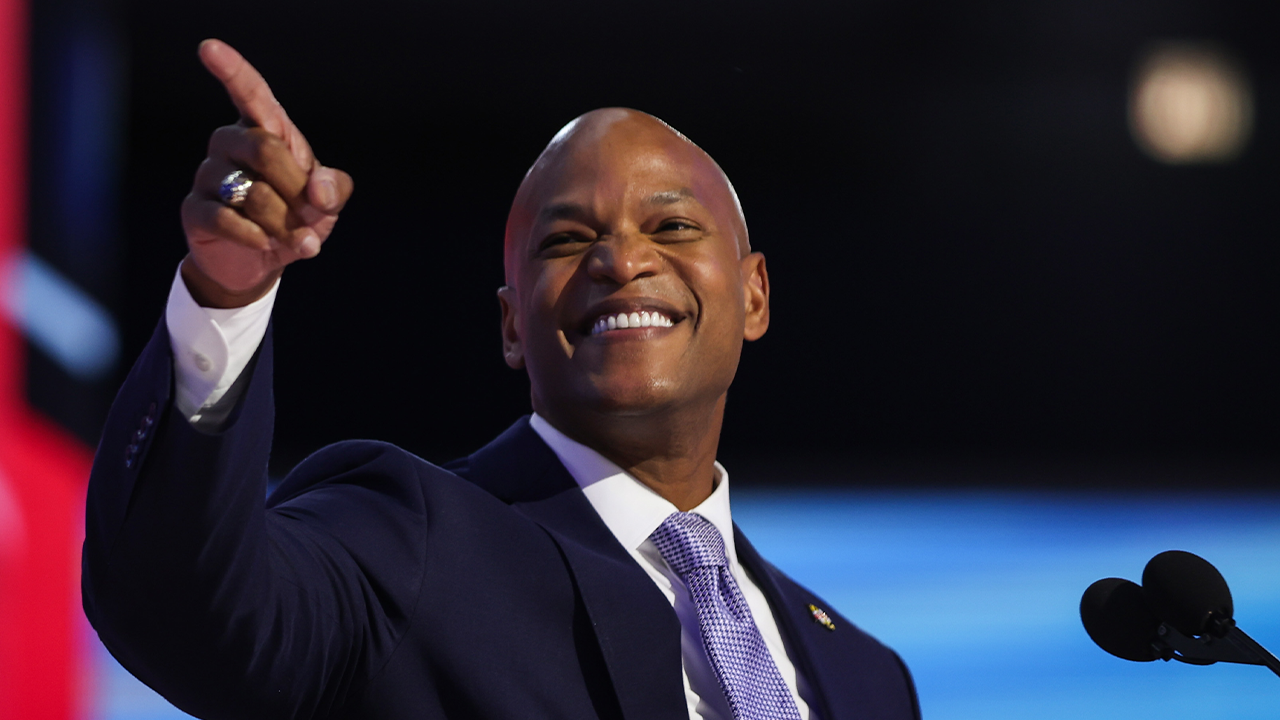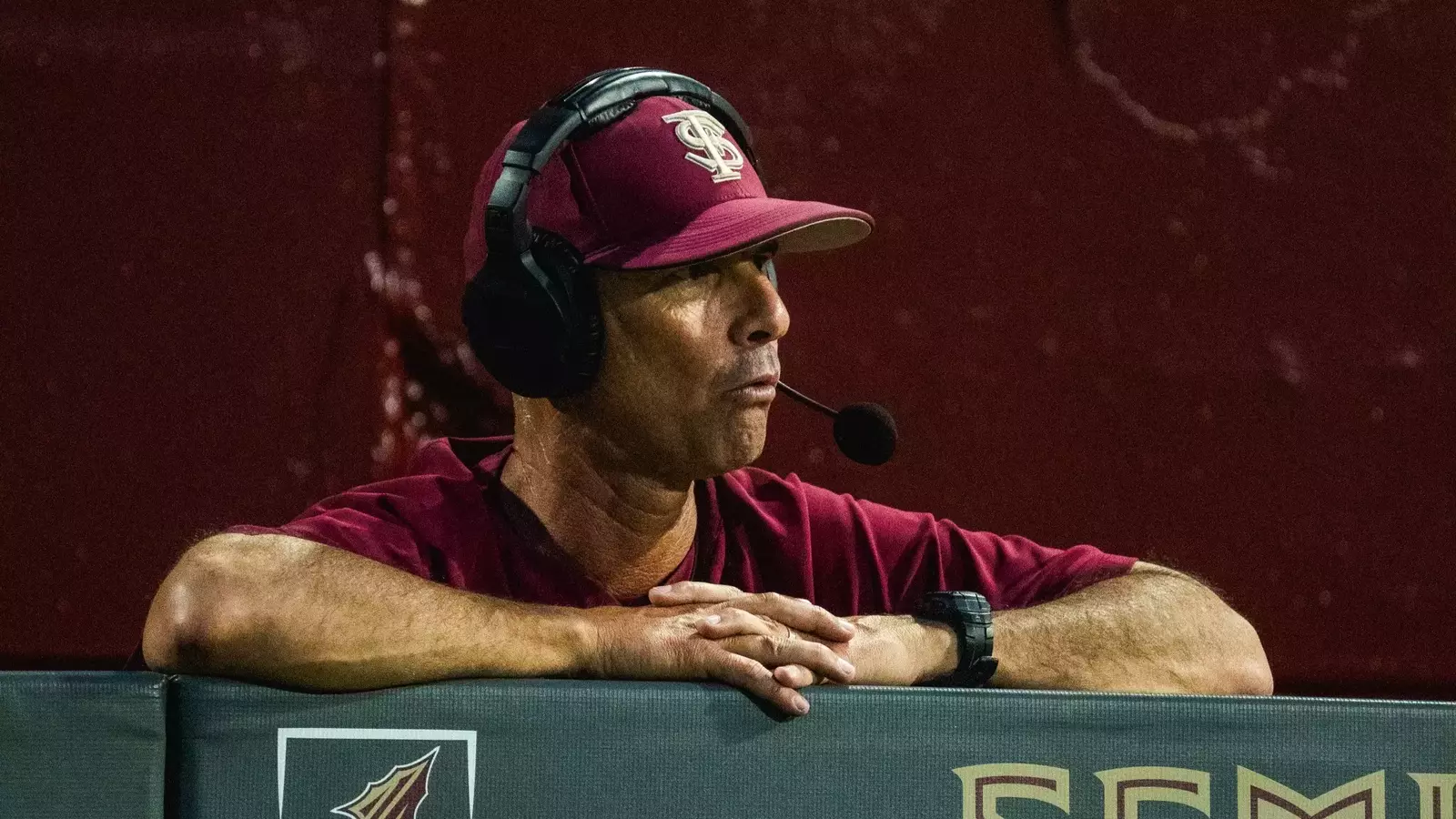Gov. Wes Moore vetoes Maryland reparations commission bill, calls for direct action
The nation’s only sitting Black governor vetoed reparations legislation, dealing a blow to fellow Democrats and emphasizing his preference to “focus on the work itself” rather than form commissions.
Maryland Gov. Wes Moore vetoed SB 587, legislation sponsored by state Sen. C. Anthony Muse, D-Forest Heights, that would have established the Maryland Reparations Commission.
The commission would have been tasked with providing recommendations by 2027 “relating to appropriate benefits to be offered to African Americans impacted by slavery and historic inequality.”
Moore, however, did not issue his veto in any sort of opposition to the overall idea.
DEM GOV SAYS MD, WITH $3B DEFICIT, HAS BEEN DOING DOGE ‘BEFORE ANYONE KNEW WHAT IT WAS’
“I applaud the legislature’s work on this bill, and I thank the Black Caucus for their leadership,” Moore said in his veto message.
“We have moved in partnership with leaders across the state to uplift Black families and address racial disparities in our communities. That is the context in which I’ve made this difficult decision.”
Moore took issue with the potential for more bureaucracy that the resolution would bear.
“[N]ow is not the time for another study,” he said, citing other recent commissions established, including the Maryland Lynching Truth and Reconciliation Commission.
“Now is the time for continued action that delivers results for the people we serve.”
MD GOV DEFENDS $190K TRUMP-CENTRIC IRISH CONSULTANT CONTRACT AS POTUS MOVES IN NEXT DOOR

Gov. Wes Moore of Maryland supports racial reparations as a policy but criticized the bill as creating a bureaucracy rather than “continued action.” (Getty)
Seen as a potential 2028 Democratic presidential hopeful, Moore said he will always defend the history of African Americans in Maryland and focus on narrowing the “racial wealth gap,” increasing minority homeownership and “closing foundational disparities.”
Maryland itself has a mixed history when it comes to slavery, the Civil War and the treatment of African Americans.
The state hosts the Harriet Tubman Underground Railroad Byway, connecting important towns and sites on the Eastern Shore and into Delaware, where Tubman, her aligned families and groups aided runaway slaves on their way to the relative safety of the North.
Its position as an often South-friendly state just north of Washington, D.C., also complicated its position during the Civil War. John Wilkes Booth, the actor who assassinated President Abraham Lincoln, hailed from Bel Air, and his escape from Washington after the assassination led him through Confederate-friendly southern Maryland before crossing the Potomac into Virginia.
Dr. Samuel Mudd, the physician who abetted Booth and his colleagues after Lincoln’s murder, housed them at his property near Leonardtown.
Booth felt uncomfortable enough, however, in postwar Maryland that he fled to Virginia — where he was eventually surrounded and killed by U.S. Marshals at a barn whose foundation now sits unmarked in the middle of the U.S. 301 parkway through Fort A.P. Hill’s grounds.
Maryland’s legislative Black Caucus also released a statement Friday expressing their disappointment with Moore’s veto.
CLICK HERE TO GET THE FOX NEWS APP
“At a time when the White House and Congress are actively targeting Black communities, dismantling diversity initiatives, and using harmful coded language, Governor Moore had a chance to show the country and the world that here in Maryland we boldly and courageously recognize our painful history and the urgent need to address it.”
“Instead, the state’s first Black governor chose to block this historic legislation that would have moved the state toward directly repairing the harm of enslavement.”
The Associated Press contributed to this report.
Source link
editor's pick
latest video
Sports News To You
Subscribe to receive daily sports scores, hot takes, and breaking news!




